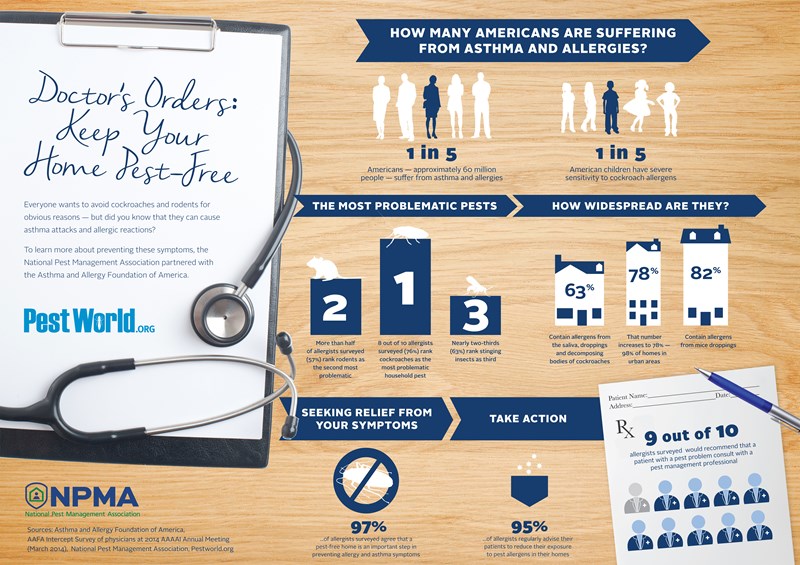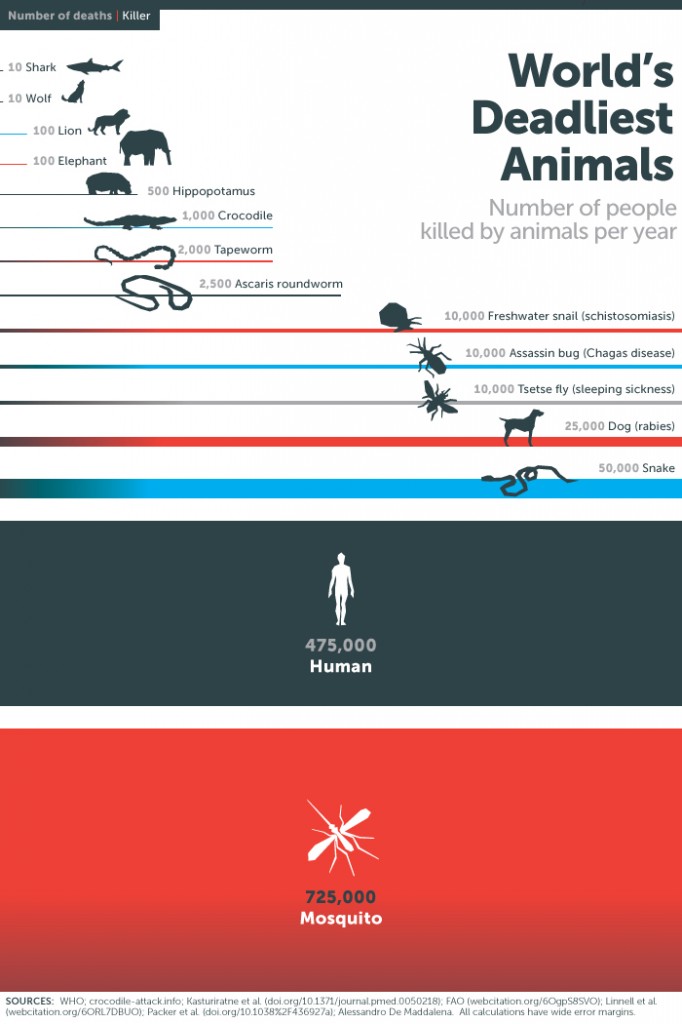READY TO GET STARTED?
REQUEST A FREE ESTIMATE
Fill out the form below or call (888) 466-7849 for a free, no-obligation estimate.
By: Katherine King
The weather is starting to warm up nicely, making a lot of us want to be outside to soak up the sun. We aren’t the only ones enjoying the sun’s rays, though. Snakes are reptiles, which means they are cold-blooded and dependent on their surroundings to regulate body temperature. Be careful when participating in outdoor activities. Caution is necessary around rock and log piles, particularly if they are in a nice, sunny spot. Snakes will often rest on the top of these areas to warm up before they begin the day’s activities.
Snakes may also be in your garden, helping you control insect populations. Watch where you put your hands so that you do not accidentally grab a small snake. Snakes never intentionally harm humans, but when they do it is because they feel threatened. If at all possible, avoid interactions with snakes. If you are bitten by a snake that is poisonous, seek medical attention immediately, do not try to do anything on your own.
If you are having a snake problem, contact Northwest Exterminating’s Wildlife division. A service representative will be sent to remove the snake, and provide suggestions on how to avoid contact with snakes in the future.
Katherine King
[email protected]
Each year, the Asthma and Allergy Foundation of America designates May as National Asthma and Allergy Awareness Month, an ideal time to educate the public about triggers, prevention and treatment measures for asthma and allergic diseases. In recognition of this important observation, we want to remind people that a few simple pest prevention measures can go a long way in combating allergies and asthma this spring.
Common household pests, such as cockroaches and stinging insects, can pose a significant threat to asthma and allergy sufferers. Cockroach droppings, saliva, shed skins and other body parts contain allergen proteins known to cause allergy flare-ups and increase asthma symptoms, especially in children. In addition, stinging insects send more than 500,000 people to the emergency room each year due to serious reactions from the pest’s venom.
Many people blame their sneezing and runny noses during the spring season on pollen and grass, however, household pests are often culprits as well. It’s important for people to make an effort to keep the home free of potential triggers, and the first step is practicing good sanitation.
The National Pest Management Association (NPMA) recommends the following tips for safeguarding homes against common indoor allergens caused by pests:

To view full image click HERE
Source: NPMA
The spring season is a time when all members of the family, including pets, wander outdoors to enjoy the sunshine and blossoming flowers. Unfortunately, it’s also prime pest season, which means pets are at risk of encountering hungry fleas and ticks that are in search of active hosts. Northwest Exterminating encourages pet owners to take precautions against these dangerous pests during the warmer months.
Fleas are more than just an itchy annoyance. Their saliva can cause anemia, dermatitis and can transfer tapeworms in dogs and cats. Ticks can spread bacteria to pets and cause tick paralysis, which occurs when a female tick attaches near a pet’s spinal cord. This condition can lead to muscle weakness, loss of coordination and in some cases, death from respiratory failure as chest muscles become paralyzed.
In addition to the health threats posed by fleas and ticks, both pests are small in size and extremely mobile, making them difficult to detect and get rid of once inside the home. It’s extremely important for pet owners to be cautious of these pests and contact a licensed pest professional if they suspect an infestation.
The National Pest Management Association, a nonprofit organization committed to the protection of public health, food and property from household pests, offers these tips to keep pets pest-free:
Source: NPMA
Here in the South, mosquitoes and summer go together like peanut butter and jelly. In North America there is an estimated 170 different species of mosquito. Sometimes it feels like 169 of those species live right here in the south. Aside from being a nuisance, mosquitoes can be a threat to our health. West Nile virus is a disease that is carried by mosquitoes and has become a concern in the US in recent years.
Mosquito treatments can also be a great way to prevent mosquitoes. Northwest Exterminating offers a GREEN mosquito program that targets both mosquito larvae and adult mosquitoes.
Bill Gates recently wrote “The Deadliest Animal in the World” on his blog, ‘gatesnotes’. In this article, Mr. Gates quotes some pretty startling statistics about the dangers of mosquitoes and their threat to humans. Mosquitoes kill more people each year than any other animal in the world. How’s that for the tiny, annoying bug that we often sarcastically refer to as the “state bird”?!

Source: gatesnotes “The Deadliest Animal in the World“
There are over 2,500 species of mosquitoes around the world (covering every region except Antarctica). Besides termites and ants, mosquitoes outnumber every other animal.
Mosquitoes can carry malaria, dengue fever, yellow fever, West Nile, and encephalitis. Malaria alone threatens half of the world’s population and is responsible for killing more than 600,000 people each year. Dengue fever causes serious illness and death, especially among children. Cases of dengue fever were discovered in Florida last year. Read more on Bill Gates recent trip to Indonesia to learn more about the fight against dengue fever HERE.
We encourage you to read Bill Gates full blog on the dangers of mosquitoes. For more information on what you can do to control mosquitoes around your home visit https://www.callnorthwest.com/pest-control/mosquito-control/